Category Archives for "Mental Health"
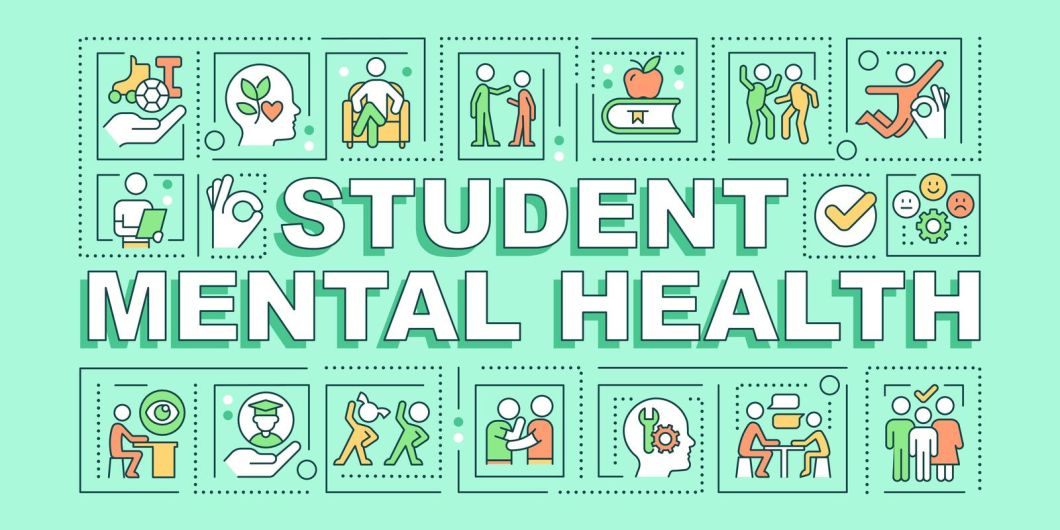
Welcome to Taking Control of Your Mental Health: A Patient's Guide. This article is designed to provide students with information and offer you guidance you may need to take control of your mental health in your life.
Mental health is a complex and often misunderstood issue. It can be difficult to identify and understand the full range of emotions and experiences that can make up our mental health.
An individual’s personality traits define how they perceive the world around them. It is a set of characteristics and features that cause them to think, feel, and behave in a particular way. We aim to provide a comprehensive overview of mental health and how to best manage it.

The term “psychedelic” is derived from the Ancient Greek words “psyche” (meaning “mind”) and “delos” (which means “to manifest”). The British-born Canadian psychiatrist Humphry Osmond coined it in a letter to author Aldous Huxley in 1956.
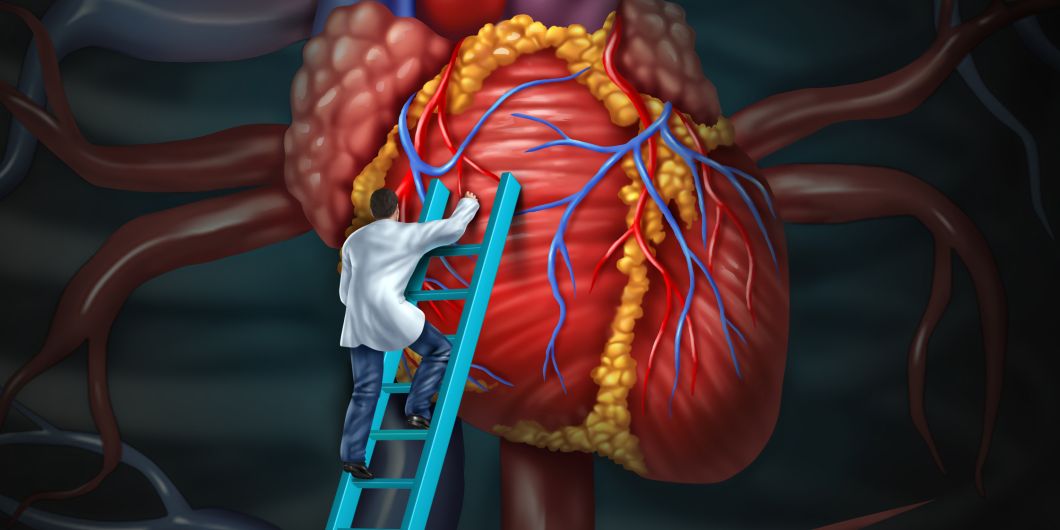
According to the National Institute of Mental Health, in 2020, young adults aged 18 to 24 had the highest prevalence of mental health issues. Though mental health issues are common among Gen Z, individuals born between 1995 and 2010.
They are growing up in an age of increased stress and anxiety. And being called the most depressed generation and are more likely to seek mental health counselling or therapy than their older counterparts.

As the Christmas holiday is approaching, many consider it a magical and charming time for adults and children alike. However, it’s the least wonderful time of the year for sunlight.

Self-talk: How often do you hear that little voice in your head tell you that you aren’t good enough? Negative self-talk can hinder your progress in life and hold you back from fulfilling your dreams.
There are ways to turn your inner voice into a positive one. Follow the ten tips below and create a new positive and pleasing voice that will build your confidence and improve your life.
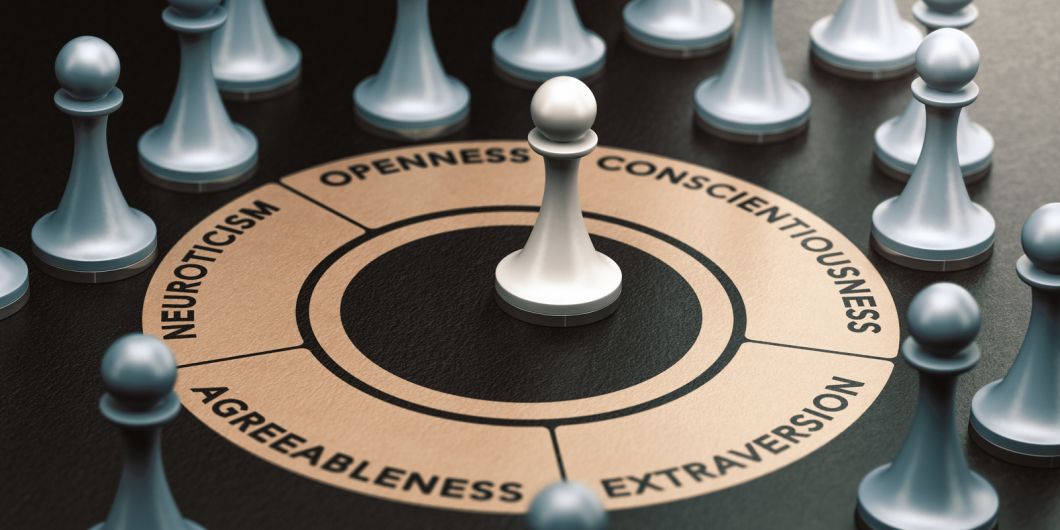
An individual’s personality traits define how they perceive the world around them. It is a set of characteristics and features that cause them to think, feel, and behave in a particular way.
Personality traits are characteristic of enduring behavioural and emotional patterns rather than isolated occurrences.
Although all aspects of your personality stem from both nature and nurture, many models of personality types attempt to explain why we are the way we are.
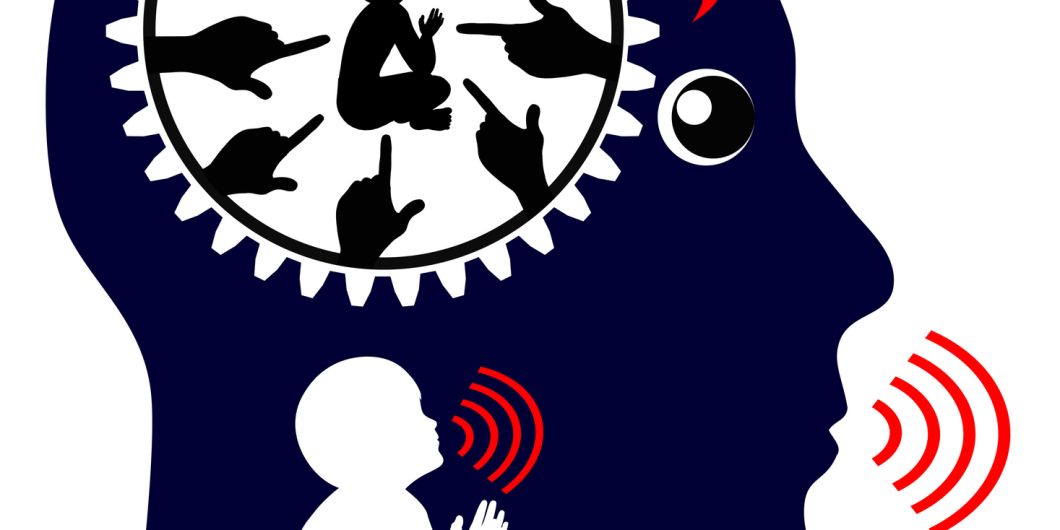
So many terms have been used to indicate the inner voice, also known as inner monologue, internal dialogue, inner speech, verbal thoughts and the voice or chatter inside your head.
Does Everyone Have an Inner Voice?

According to the World Health Organization (WHO), over 50 million people worldwide have dementia today. By 2050, this number is expected to surpass 131 million.
In most cases, dementia is connected to Alzheimer's disease.
Unfortunately, its symptoms often go unnoticed until they become too severe to treat. If left untreated, Alzheimer's disease (AD) can eventually result in death, but early detection and treatment could help prevent or slow down the progression of this awful disease.

According to the National Institute of Mental Health (NIMH), nearly 20 million Americans each year have a mental illness. These include major depressive disorder (MDD) and dysthymia, both considered forms of clinical depression.
While some people experience depression throughout their lives, others develop symptoms later in life, and this is especially true for women who tend to experience depression earlier than men.
Because women are nearly twice as likely as men to suffer from depression, they often don't seek treatment due to the belief their symptoms are typical, or they should get over it.
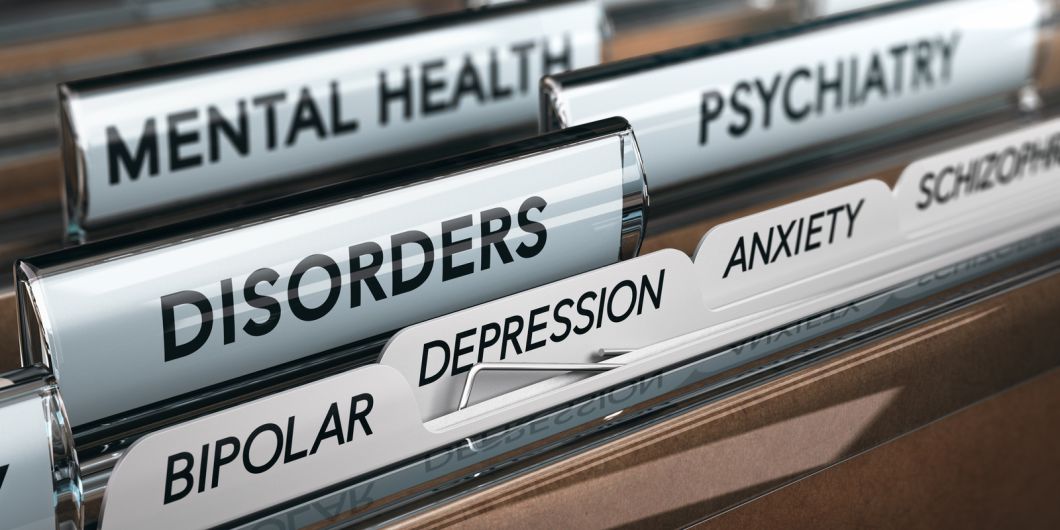
I’m sure you’ve heard about mental health issues before. And yes, they affect millions of us every year. But did you know that over half of us may experience some mental illness at least once during our lifetime?
Mental illness can be depicted as a disease which causes an individual to experience severe disturbances in their moods, thoughts, emotions, behaviours, or ability to function at work or home.
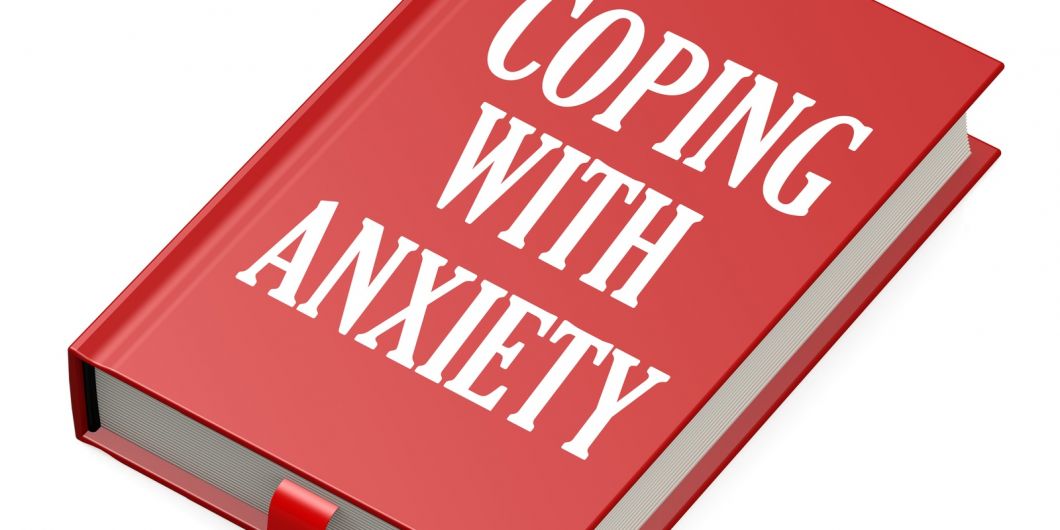
If you’re having trouble sleeping well or feeling anxious most days, you probably aren’t alone because over 40 million Americans yearly suffer from anxiety disorders.
Excessive worry has become common for many people today, and it affects their ability to sleep well, perform daily tasks, concentrate, or enjoy social interactions—and that’s not healthy!

Extroverts and introverts are two types of people who generally prefer different activities, environments, and work styles. Extroverts tend to be more social and enjoy being around other people, and they seek stimulation from their environment and thrive on new experiences.

In psychology, emotion is often defined as a complex state of feelings that result in physical and psychological changes that influence thought and behaviour.
In other words, It impacts how we feel, believe, and behave, and it also plays a role in determining how we manage social situations and make decisions.

It’s more than simply identifying yourself as a male or a female; it is a complex, multidimensional concept that varies considerably from person to person.
Gender identity is a separate matter from sexual orientation.
While heteronormativity is an ideology in the assumption that everyone is straight, being the most natural, sexual orientation, lesbian, gay, and bisexual are also possible.
There are many heteronormative expectations regarding gender expression:

Generation Snowflake has become the new norm. This article examines the nature of the Snowflake at the end of today’s cultural climate, and it also looks at the overly sensitive Snowflake characters of tomorrow. This article concludes by identifying some key characteristics of a Snowflake.
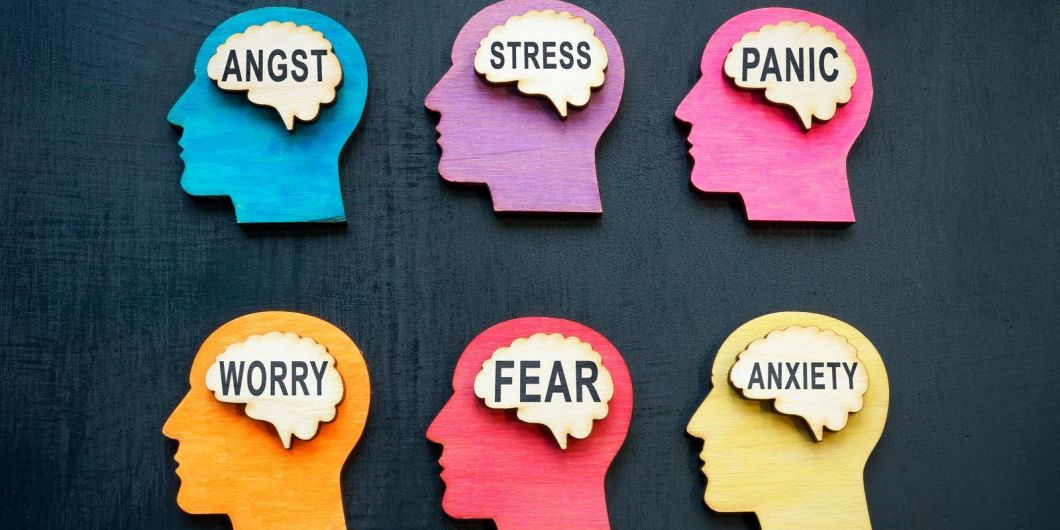
We are all born with a certain amount of intuition. From a very young age, the problem is that we are often told to ignore our emotions or that our feelings are just wrong. Much like force-feeding an infant can cause the child to ignore their natural hunger control mechanism, it is the same with emotions.

Using positive affirmations every day is a powerful way of switching up your mindset and set you on the path to success. More and more people, from sports stars to entrepreneurs, are using affirmations to change their mindsets to concentrate on achieving their goals and creating the life they really want.

Idolatry is obsessive and unrealistic worship, devotion or love directed at another person, who has then been termed an idol. The obsessed person is the idolater, and invariably has a false mental perception of who or what the idol represents.
Idolatry is sometimes called idol worship, and the people who worship idols can be called idolaters.
The idol may be someone who the idolater knows, such as a school friend or teacher; or, as is frequently the case with teenagers, a public figure such as a pop music star, film star or sports personality. When idolatry occurs in adults, it is often at the beginning of a new relationship, when individuals may be unaware of their partner's faults and may even try to avoid discovering them.